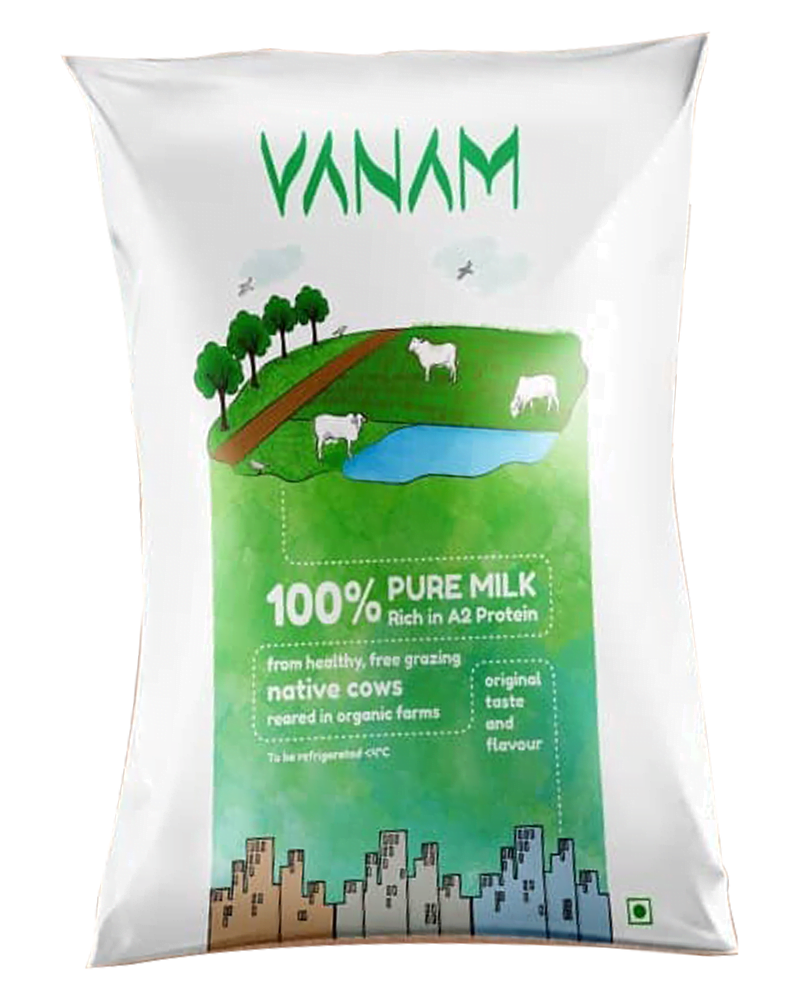Description
What is Curd? Origins and Cultural Significance
Curd, also commonly referred to as yogurt, is a dairy product derived from the coagulation of milk. This process is initiated by introducing specific bacterial cultures, which ferment the lactose in milk, transforming it into lactic acid. This acidification causes the milk proteins, primarily casein, to thicken and form a gel-like substance, resulting in curd.
The origins of curd can be traced back thousands of years. Historical evidence suggests that the practice of curd-making began in Central Asia and the Middle East. Ancient nomadic tribes stored milk in containers made from animal stomachs, which naturally contained beneficial bacteria. These bacteria would ferment the milk, producing curd and preserving it for longer periods—an essential aspect for nomadic lifestyles.
Different cultures around the world have developed unique methods for making curd, each contributing to its rich tapestry of culinary significance. In India, for instance, curd is traditionally made by adding a small amount of pre-existing curd to warm milk, allowing it to ferment overnight. This method is deeply rooted in Indian household practices and holds significant cultural importance, often used in religious rituals and festivals. In Mediterranean countries, the practice of making curd involves straining yogurt to remove excess whey, resulting in the thicker, creamier Greek yogurt.
The cultural significance of curd extends beyond its preparation methods. In various cuisines, curd plays a pivotal role. In Indian cuisine, it is used in a myriad of dishes, from savory raitas and lassis to sweet desserts like shrikhand. Middle Eastern cuisine incorporates curd into dishes such as labneh and tzatziki, enhancing their flavors and nutritional value. In Western cultures, curd is often consumed as breakfast yogurt, paired with fruits and granola, contributing to a balanced diet.
Overall, curd’s historical roots and cultural significance are vast and varied, reflecting its integral role in culinary traditions around the world. Its continued popularity underscores its versatility and the enduring appeal of this ancient dairy product.
Health Benefits and Nutritional Value of Curd
Curd, a staple in many diets worldwide, is celebrated for its impressive nutritional profile and myriad health benefits. Rich in essential nutrients, curd is a powerhouse of proteins, vitamins, minerals, and probiotics, each contributing significantly to overall well-being. A single serving of curd can provide a substantial amount of protein, which is crucial for muscle repair and growth. Additionally, curd is an excellent source of calcium and phosphorus, minerals that play a pivotal role in maintaining strong bones and teeth.
The probiotic content in curd is perhaps one of its most notable features. Probiotics are beneficial bacteria that support gut health by maintaining a balance of the gut microbiota. Numerous scientific studies have indicated that regular consumption of probiotic-rich foods like curd can enhance digestive health, reduce symptoms of irritable bowel syndrome (IBS), and prevent the occurrence of certain gastrointestinal infections. Furthermore, probiotics boost the immune system, helping the body to fend off common illnesses and infections more effectively.
Curd also contains significant amounts of vitamins, particularly vitamin B12 and riboflavin (vitamin B2), which are essential for energy production and maintaining healthy red blood cells. The presence of vitamin D in curd aids in calcium absorption, further promoting bone health. This makes curd an indispensable dietary component for those looking to strengthen their skeletal system and prevent conditions such as osteoporosis.
In terms of weight management, curd can be a valuable ally. The high protein content promotes satiety, reducing overall calorie intake. Additionally, curd’s low glycemic index helps in regulating blood sugar levels, making it a suitable option for individuals with diabetes or those aiming to manage their weight effectively.
Despite its numerous benefits, it is essential to consider potential concerns associated with curd consumption. Individuals with lactose intolerance may need to moderate their intake or opt for lactose-free versions to avoid digestive discomfort. Moreover, those with milk allergies should avoid curd altogether. As with any food, moderation is key, and it is advisable to consume curd as part of a balanced diet to reap its full benefits without adverse effects.
In light of the available evidence and expert opinions, curd stands out as a nutrient-dense food that offers substantial health benefits. Whether you are looking to improve your digestive health, strengthen your bones, or manage your weight, incorporating curd into your diet can be a wise choice.





Reviews
There are no reviews yet.